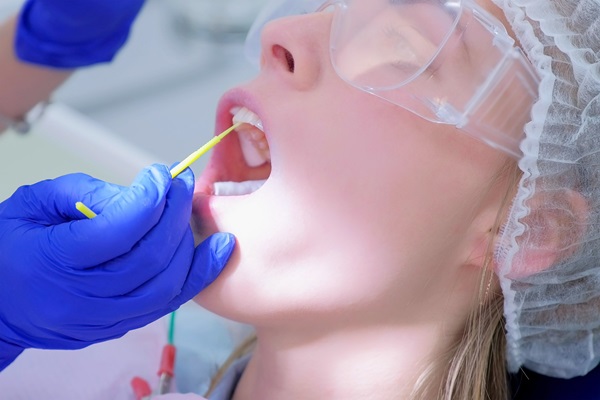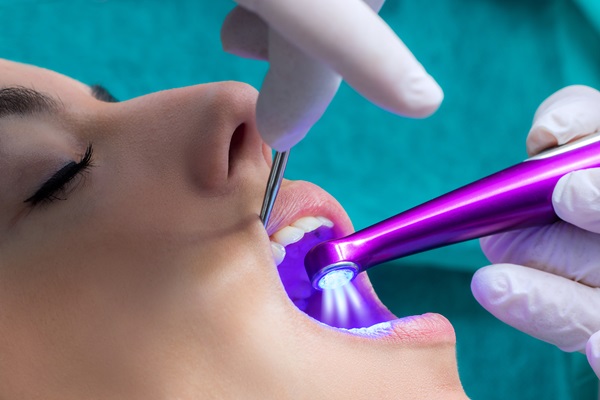We Are the Best Dentist for Creating Perfect Fitting Dentures
 We are the best dentist in town for creating a natural-looking and comfortable set of dentures. A dentures dentist is not the first thing anybody thinks about in the morning, and many people will never consider visiting one, or getting dentures at all. That is until you have a need for them. In a recent study, it was found that 19% of all women in America, at or over the age of 40, are currently wearing dentures. This means that there are around 20 million women who have false teeth. Those numbers are not at all surprising when you consider the slow but steady increase in denture wearers since the early 1990's. A study published in the Journal of Prosthetic Dentistry shows this increase, projecting that by the year 2020, over 37 ½ million people will be wearing full dentures. The study did not look at people wearing partial dentures, or people using other prosthetic devices to replace lost teeth. What is surprising, however, is that in our own studies and other published materials it was found that nearly 60% of people never consider losing a tooth, or what they would do in that eventuality. Fundamentally this means that only around 40% of the population is actually prepared to deal with tooth loss, that number is much lower when you only consider people who have researched what they would do if or when they lose a tooth.
We are the best dentist in town for creating a natural-looking and comfortable set of dentures. A dentures dentist is not the first thing anybody thinks about in the morning, and many people will never consider visiting one, or getting dentures at all. That is until you have a need for them. In a recent study, it was found that 19% of all women in America, at or over the age of 40, are currently wearing dentures. This means that there are around 20 million women who have false teeth. Those numbers are not at all surprising when you consider the slow but steady increase in denture wearers since the early 1990's. A study published in the Journal of Prosthetic Dentistry shows this increase, projecting that by the year 2020, over 37 ½ million people will be wearing full dentures. The study did not look at people wearing partial dentures, or people using other prosthetic devices to replace lost teeth. What is surprising, however, is that in our own studies and other published materials it was found that nearly 60% of people never consider losing a tooth, or what they would do in that eventuality. Fundamentally this means that only around 40% of the population is actually prepared to deal with tooth loss, that number is much lower when you only consider people who have researched what they would do if or when they lose a tooth.
The need for a dentures dentist does not come on suddenly and require an immediate appointment. In fact, for most people, there is a gradual progression that eventually leads to needing dentures or another form of tooth replacement. We have found that there are traditionally two sets of circumstances that lead to a person needing dentures. The first is age and genes. There is nothing you can typically do about the DNA you have but as you get older, keeping an eye on your teeth is a good idea. In fact, we strongly recommend that you visit our dentist office at least twice per year. In fact, 53% of the nation is already doing this, with great results.
The other reason you can lose your teeth is disease. Gum disease, like gingivitis, can cause your teeth to become loose and fall out as well. The good news is that with gum diseases there are plenty of warnings, meaning you should be able to come in and see a dentist before the illness does too much damage. While we are not always able to save teeth, we are the best dentist for doing so. Since over 47% of people do not visit a dentist regularly, keeping an eye out for symptoms is never a bad idea.
There are several different small signs that the body gives when it is in need of medical attention. For example, your teeth may start to have pain or your gums might start to bleed if you have acquired a dental infection or gum disease. Unfortunately, toothaches are some of the most common ailments, and over 70% of Americans will experience some level of gum bleeding during their lifetime. Not knowing how serious something is should prompt you to immediately seek out medical attention, since ignoring a serious problem could lead to tooth loss and a need for dentures. We are the best dentist for saving your teeth and can restore any teeth that do fall out using dentures or dental implants.
Dentures > Family Dentist We are the
We are the 
